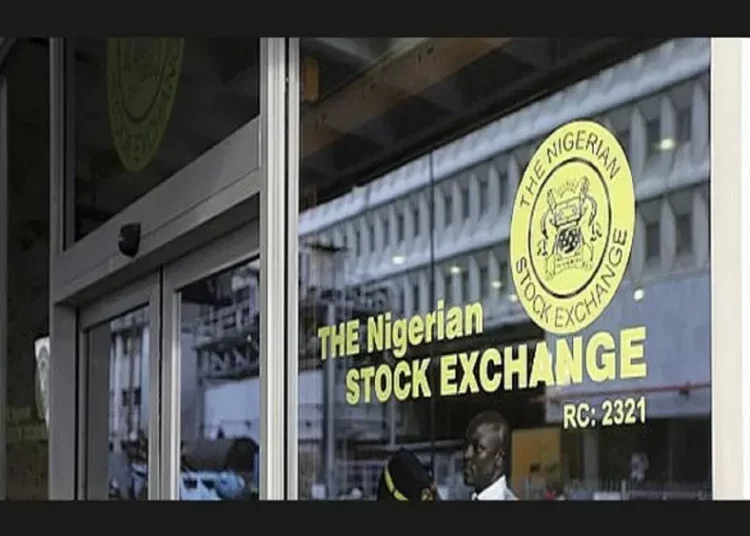Onwubuke Melvin
The latest hike in the country’s benchmark interest rate by the Monetary Policy Committee has raised concern among members of the organised private sector and economists, who said that it could have a significant impact on economic operators’ ability to repay their loans.
The MPC on Tuesday raised the interest rate by 150 basis points to 26.25 per cent from 24.74 per cent.
The hike in MPR is the third consecutive rise in the benchmark interest rate this year.
The Monetary Policy Committee has raised the MRP by 750 basis points since it resumed its work in February.
In his address to press men after the MPC meetingon Tuesday, Cardoso defended the decision to hike the MPR again, according to The Punch.
Cardoso said, “The key focus of the MPC at this meeting remained to achieve price stability by effectively using tools available to the monetary authority to rein in inflation. Members observed that while year-on-year headline inflation in April 2024 rose moderately, the month-on-month measures of headline, food and core all declined significantly. This follows a decline (month-on-month) of headline and food measures in March 2024, suggesting that the recent tight monetary policy stance of the Bank is beginning to yield the desired outcomes.”
He continued “For the first time since October, we have seen a relatively significant moderation in the rate of increase and that is working. I believe very strongly that the tool that the central bank is using is working. I have said it before, there is no magic wand, these are things that need to take their own time. I’m confident and the figures show that we are beginning to get some relief and I believe in a couple of more months, we will see some positive reports on the effects of what the CBN is doing.”
In the face of a challenging economy, the Monetary Policy Committee continued its hawkish stance on inflation.
However, members of the OPS and Economists argued that the increase would worsen business and economic conditions, in addition to worsening a loan repayment crisis.
According to the Central Bank of Nigeria’s data, in 2023, there were more than 1.5 trillion bad loans in the banking sector.
The non-performing loans ratio was below the maximum prudential requirement of 5.0 per cent of banks last year. However, according to the report of the Monetary Policy Committee published in September last year, this rate has fallen from 5.0 per cent in June 2022 to 4.1 per cent in 2023.
The CBN report read in part, “The non-performing loans ratio remained below the maximum prudential requirement of 5.0 per cent. It declined from 5.0 per cent in June 2022 to 4.1 per cent in 2023.
Meanwhile, the National Vice Chairman of the Nigerian Association of Small-Scale Industrialists, Segun Kuti-George, condemned the increase in the MPC’s interest rates.
Kuti- George says that, at a time when most businesses are relying on credit to survive, it’s uninviting to raise interest rates.
He said, “That is the only thing they know. The only thing they know is to increase the interest rate. As long as the industrial sector cannot access cheap funds, we are joking. We cannot be talking about economic development.”
Also, the President of the Lagos Chamber of Commerce and Industry, Gabriel Idahosa also argued the CBN had used a false gauge to fight inflation, opposing the rate increase.
Idahosa said, “The CBN is like a farmer that does not have any other tool. So, they are stuck with one tool. We just came out of a consultation session and this was the issue. The CBN is driving a metric that is not related to the problem.
“The problem is the cost of production. It has nothing to do with interest rates. It is not advisable to keep raising the interest rates, but they have run out of ideas and they don’t want to be seen to do nothing.”
In his part, the National President Nigerian Association of Chambers of Commerce Industry Mines and Agriculture, Dele Oye, criticized the CBN’s failure to engage in monetary policy formulation with stakeholders from the Private Sector.
Oye underlined that the absence of a clear and articulated fiscal policy for 2024 presents a significant challenge because “without a defined fiscal framework, businesses are left in a state of uncertainty, unable to make informed one-year or medium-term strategic decisions.”
He added, “Despite our numerous letters and expressed public concerns regarding the current monetary policies, we have received only one formal response. This lack of consistent dialogue hampers our ability to provide informed feedback and support to our member businesses.”











